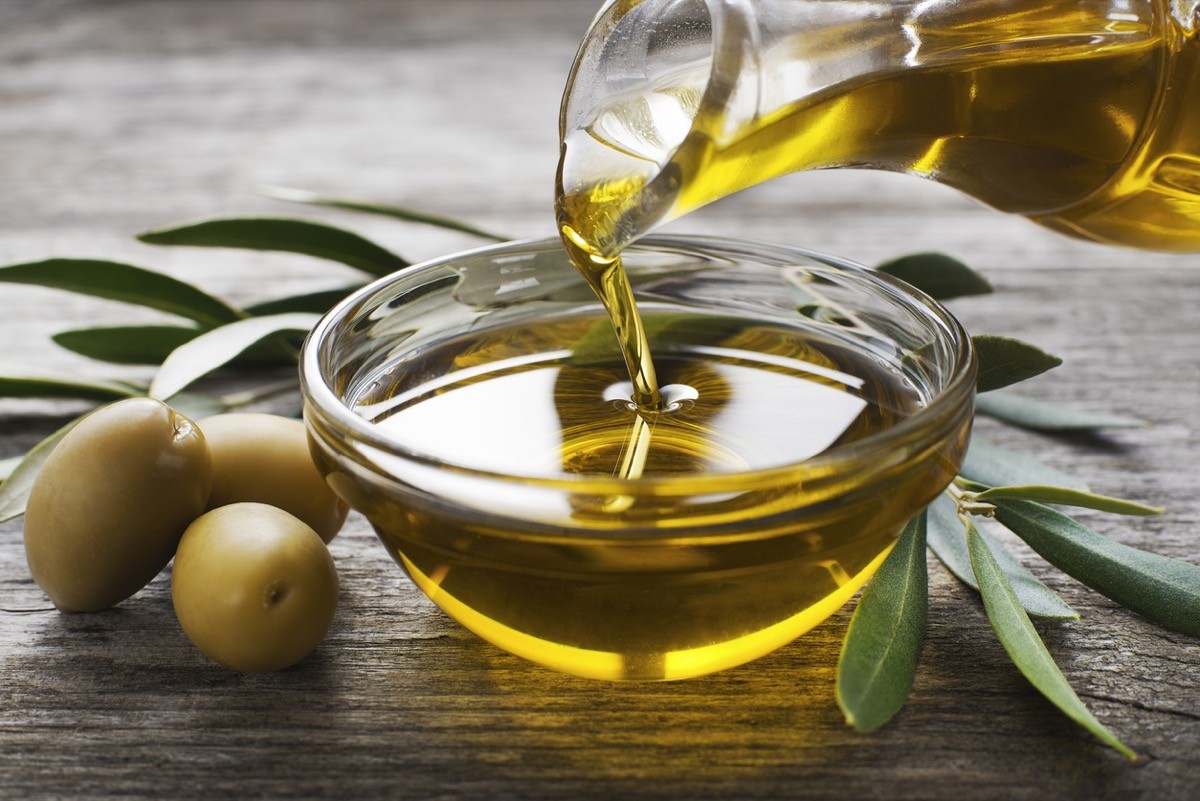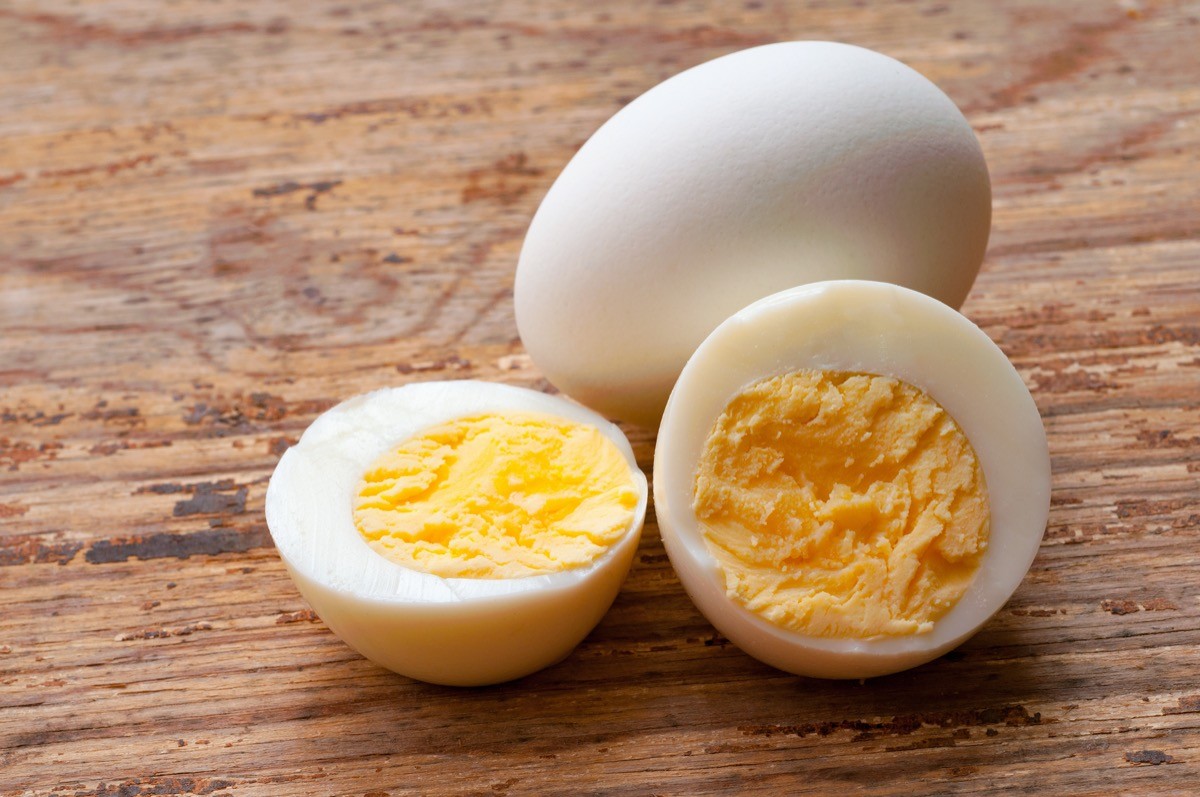These 3 Foods Could Be the Secret to a Healthier Liver, Doctor Says

You probably know that fiber-rich foods are good for your gut health, healthy fats benefit your cardiovascular system, and lean protein can help regulate your blood sugar. But one thing you may not think about is how your diet affects your liver—your largest internal organ that performs hundreds of functions, including filtering the blood of toxins and dead cells, making the bile that digests food, and metabolizing proteins, carbohydrates, and fats, according to Cleveland Clinic.
That’s why naturopathic doctor Janine Bowring, ND, recently shared a video with her 1.1 million TikTok followers explaining the three foods that your liver loves.
RELATED: 6 Popular Supplements Can Damage Your Liver, New Research Shows.
First, know the foods to avoid for liver health.

It’s equally important for your liver health to avoid certain foods.
As Best Life previously explained, consuming excess sugar can increase the risk of non-alcoholic fatty liver disease (NAFLD).
“The liver metabolizes sugar and converts it into fat, which can accumulate in the liver if consumed in excess,” James Walker, MD, a physician and medical officer for Welzo, told us. “This can lead to inflammation and scarring of liver tissue, impairing its ability to function properly.”
Consuming foods high in saturated and trans fats can also contribute to NAFLD, Walker said: “The liver plays a crucial role in fat metabolism, and consuming high amounts of fat can overload the liver and cause inflammation and scarring of liver tissue.”
That said, the following foods could have protective effects on the liver.
RELATED: The 3 “Ultraprocessed” Foods You Must Avoid for a Longer Life, 30-Year Study Finds.
2
Olive Oil

First up on Bowring’s list is olive oil, which contains lots of liver-friendly antioxidants, such as polyphenols.
Antioxidants help protect our bodies from free radical-induced cellular damage, which, over time, can hurt tissues and organs such as the liver.
In fact, research has shown that polyphenols, specifically, can reduce harmful inflammation and fatty buildup in the liver.
Additional research links olive oil’s high levels of monounsaturated fatty acids (MUFA) to improved liver fat metabolism that can help prevent NAFLD.
3
Radicchio

Radicchio’s bitter taste adds an edge to salads and slaws—and it’s also the reason this leaf is so great for your liver health.
Radicchio and other members of the chicory family have a distinct flavor due to specific plant compounds called sesquiterpene lactones, which have been shown to fight inflammation.
Bowring adds that radicchio also helps to detoxify the liver.
4
Eggs

Eggs, along with beef liver and beef top round, have one of the highest concentrations of the essential nutrient choline. Deficiency in choline can lead to “muscle damage, liver damage, and nonalcoholic fatty liver disease,” according to the National Institutes of Health (NIH).
Choline can also “help with fat metabolism and cholesterol transport in your liver,” Bowring explains.